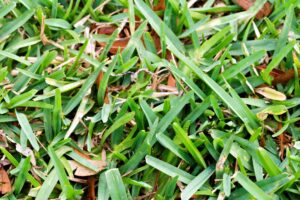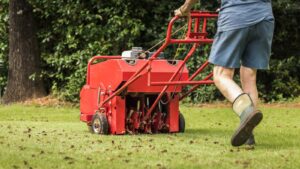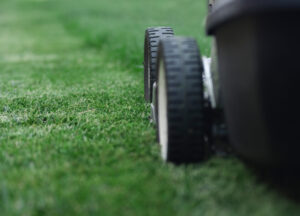BY DANIELA GIRALDO – APRIL 21, 2024
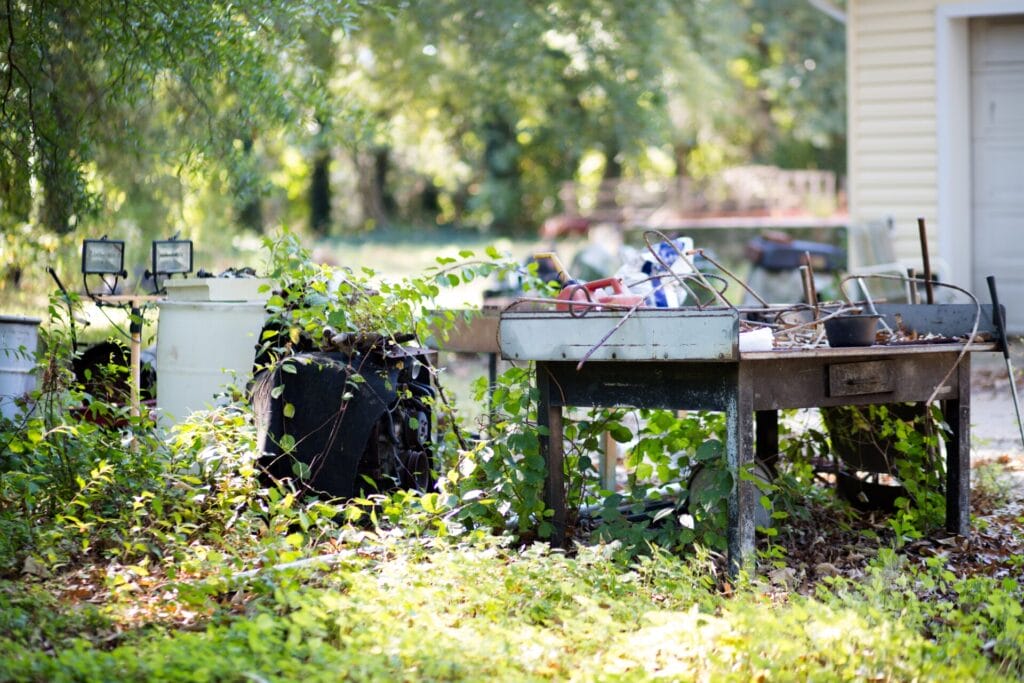
In the hustle and bustle of modern life, our gardens often bear the brunt of neglect. We might have the best intentions when we plant those flowers or install that lush green lawn, but without proper maintenance, our outdoor spaces can quickly fall into disarray. Beyond just aesthetic concerns, neglecting garden upkeep can have far-reaching consequences for our environment, health, and even property value. In this comprehensive guide, we’ll delve into the myriad of issues that arise from lack of garden maintenance, and why it’s crucial to prioritize caring for our outdoor spaces.
Let’s start with the most obvious consequence: the health of your plants. Without regular care, plants can become susceptible to diseases, pests, and nutrient deficiencies. Weeds can quickly overtake flowerbeds, competing with your plants for essential resources like sunlight, water, and nutrients. Overgrown vegetation can also create a haven for pests like mosquitoes, rodents, and other unwelcome visitors.
Moreover, neglected gardens often suffer from poor soil quality. Without proper fertilization and soil amendment, the soil can become compacted, lacking essential nutrients for plant growth. This leads to stunted growth, yellowing leaves, and ultimately, the death of your beloved plants.
Beyond the boundaries of your property, neglected gardens can have a significant impact on the surrounding environment. Overgrown vegetation can encroach on neighboring properties, obstructing pathways and blocking sunlight. Invasive plant species can spread rapidly, outcompeting native plants and disrupting local ecosystems.
Additionally, poorly maintained gardens contribute to urban runoff and soil erosion. When rainwater cannot penetrate compacted soil, it runs off, carrying pollutants like pesticides, fertilizers, and debris into nearby waterways. This not only degrades water quality but also harms aquatic life and habitats.
Did you know that neglected gardens can pose health risks to you and your family? Overgrown vegetation provides ideal breeding grounds for ticks, which can carry Lyme disease and other serious illnesses. Tall grass and dense foliage also attract snakes and other wildlife, increasing the risk of encounters and potential bites.
Moreover, mold and mildew can thrive in damp, unkempt environments, exacerbating respiratory issues like asthma and allergies. Fallen leaves and debris can become a breeding ground for mold spores, which can be dispersed into the air and trigger allergic reactions in sensitive individuals.
From a property value perspective, neglected gardens can be a major turn-off for potential buyers. A well-maintained garden adds curb appeal and enhances the overall aesthetics of your property. On the other hand, an overgrown, unkempt garden can make your home appear neglected and decrease its market value.
Furthermore, local ordinances and homeowner association rules often require property owners to maintain their outdoor spaces. Failure to comply with these regulations can result in fines and legal repercussions, further diminishing the value of your property.
Fortunately, the consequences of neglected garden maintenance are not irreversible. With proper care and attention, you can restore your outdoor space to its former glory and prevent future issues from arising. Here are some tips to help you get started:
1. Regular Maintenance: Schedule regular maintenance sessions to weed, prune, and fertilize your garden. Set aside time each week to tackle specific tasks and keep your garden looking its best.
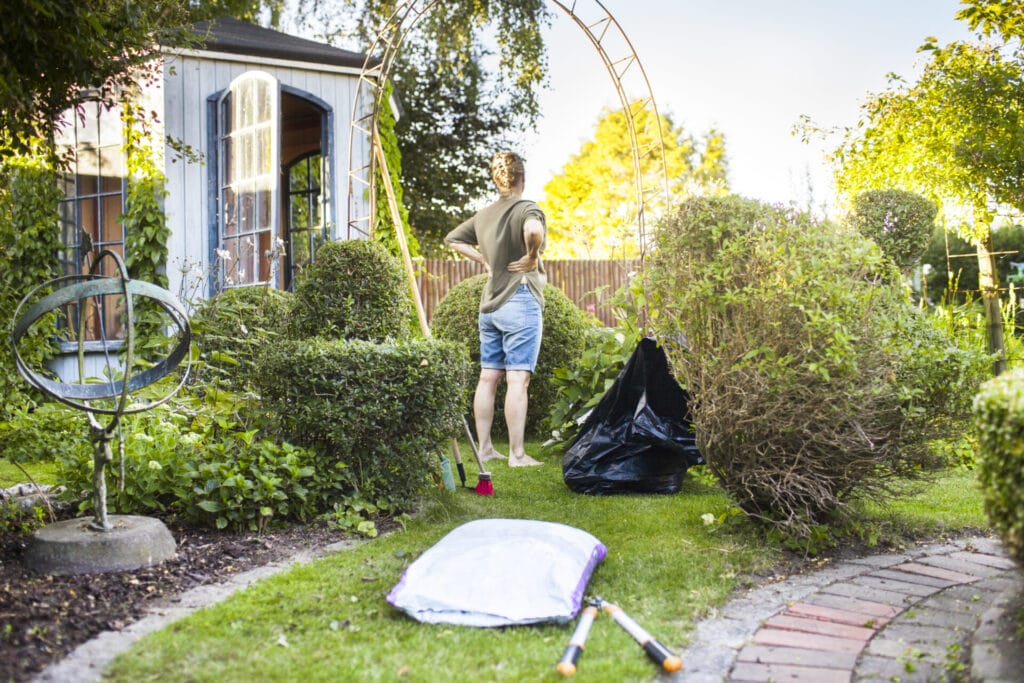
2. Mulching: Mulching helps retain moisture in the soil, suppresses weed growth, and adds nutrients as it breaks down. Apply a layer of mulch around your plants to promote healthy growth and reduce the need for frequent watering.
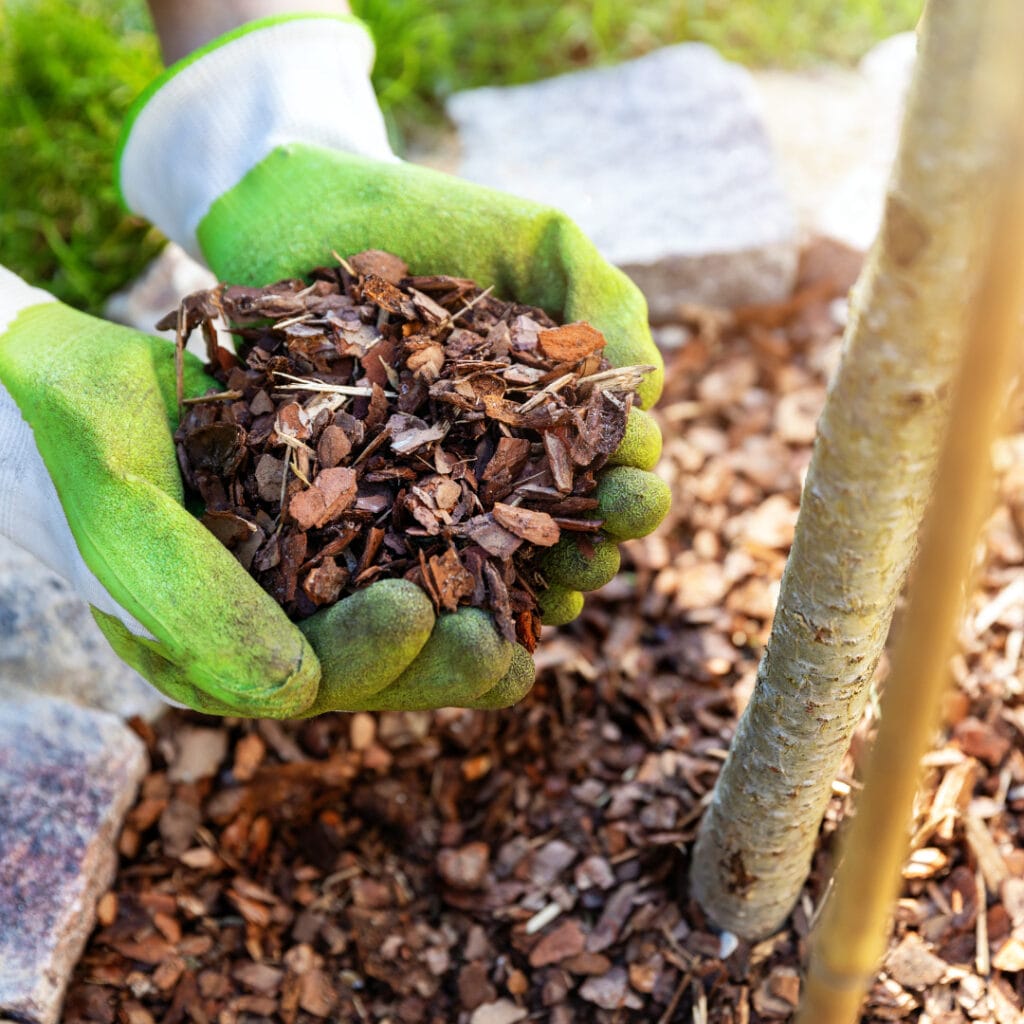
3. Proper Watering: Water your plants deeply and infrequently to encourage deep root growth. Avoid overwatering, as it can lead to root rot and other moisture-related issues.
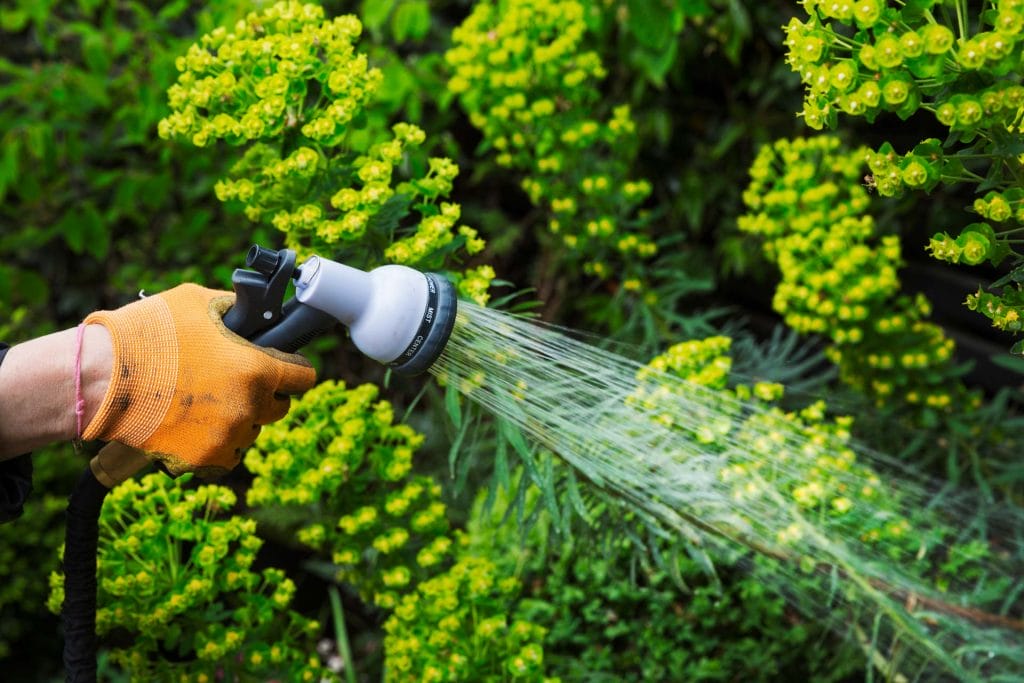
4. Integrated Pest Management (IPM): Implement IPM strategies to control pests and diseases in your garden. This may include using natural predators, biological controls, and selective pesticides as a last resort.
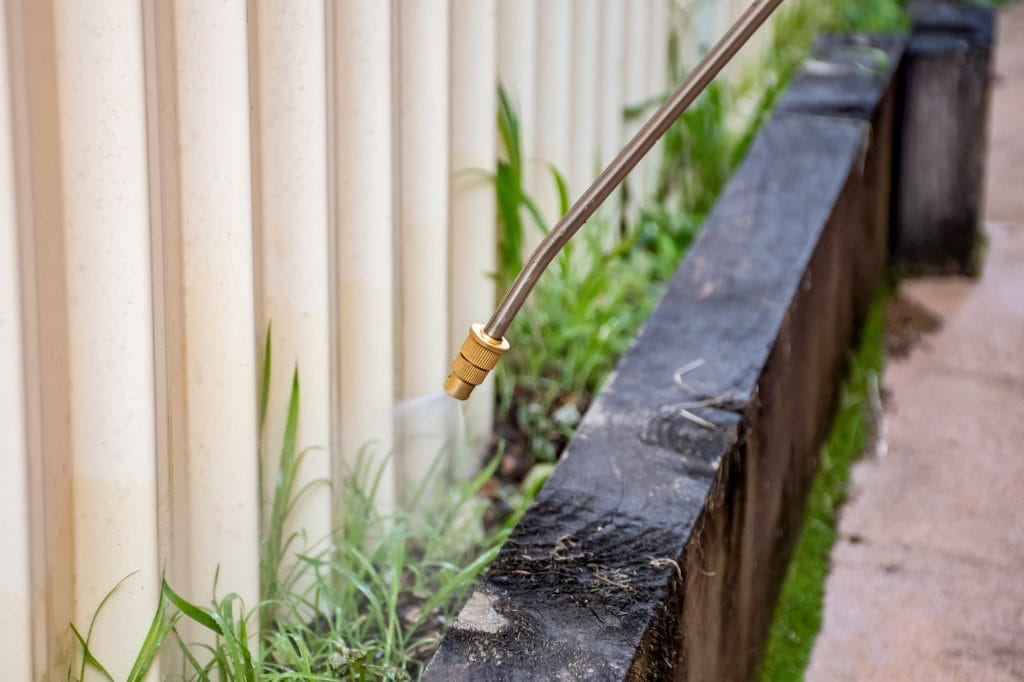
5. Pruning and Trimming: Regularly prune and trim your plants to promote healthy growth and prevent overcrowding. Remove dead or diseased branches to prevent the spread of pests and diseases.
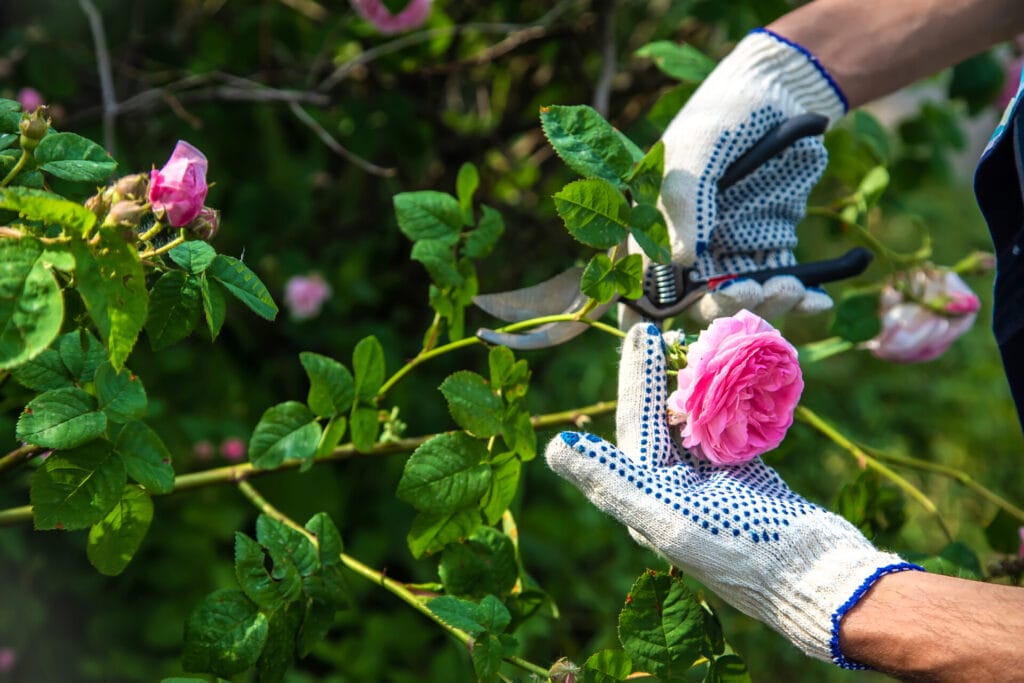
6. Soil Testing: Periodically test your soil to assess its pH levels and nutrient content. Amend the soil as needed to ensure optimal growing conditions for your plants.
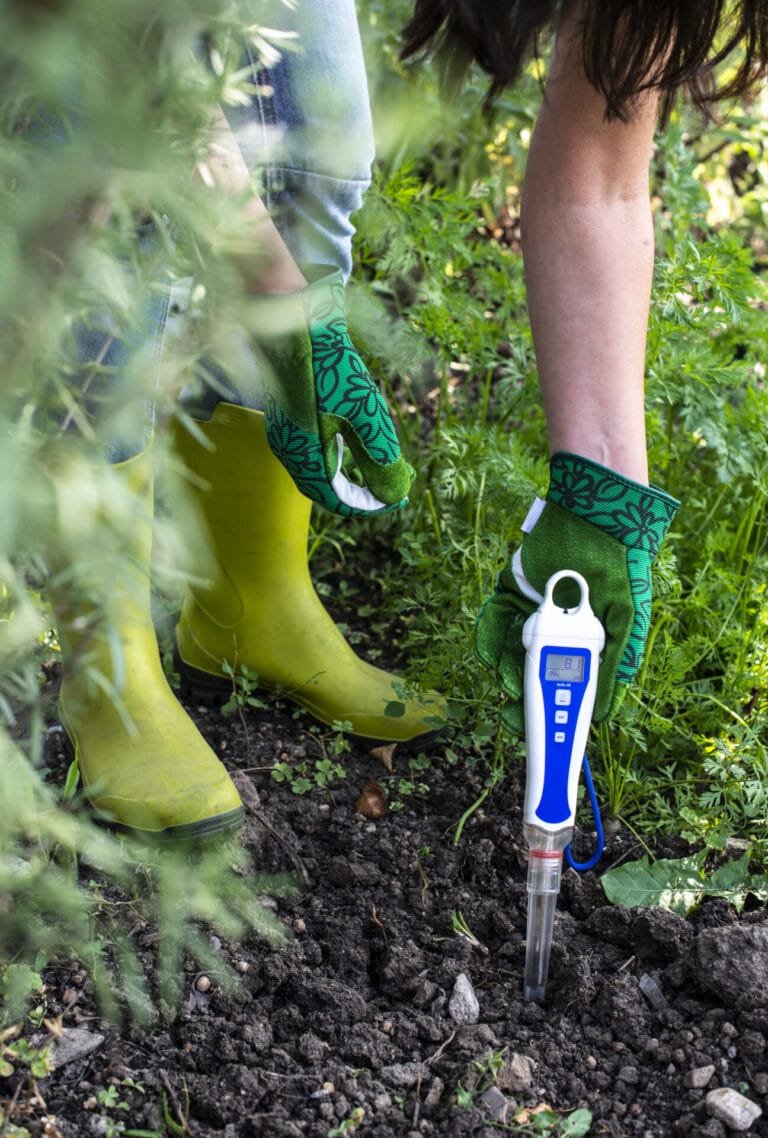
7. Educate Yourself: Take the time to learn about the specific needs of your plants and how to care for them properly. Invest in gardening books, attend workshops, or consult with local experts for advice.
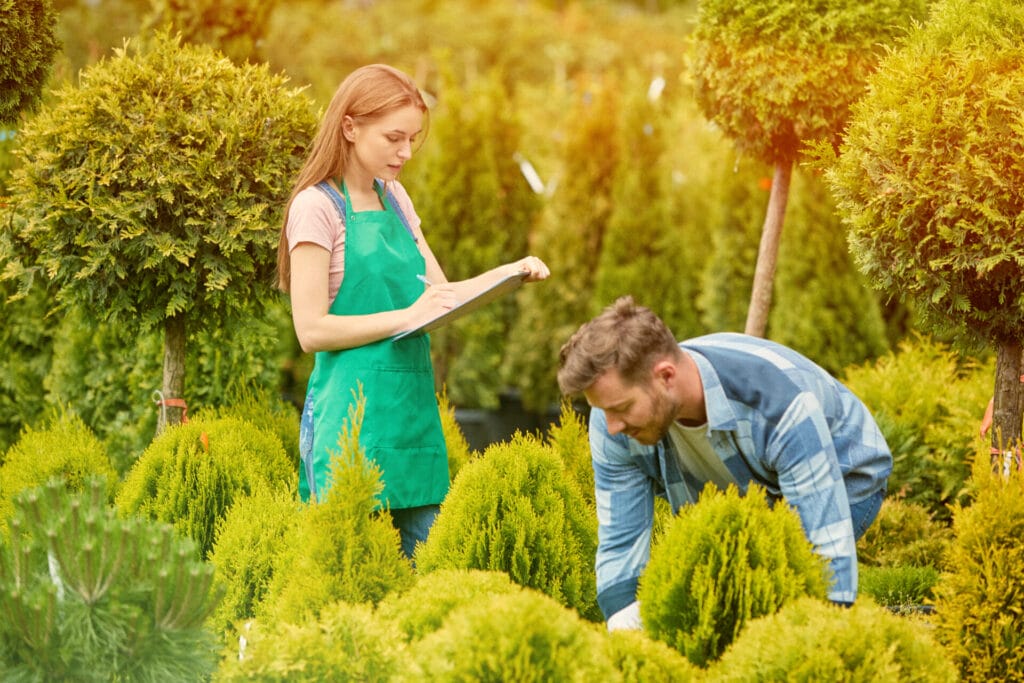
By taking proactive steps to maintain your garden, you can enjoy a beautiful outdoor space that enhances your quality of life and benefits the environment. Remember, a little bit of effort goes a long way when it comes to garden maintenance.
Neglecting garden maintenance can have far-reaching consequences, from impacting plant health and environmental quality to posing health risks and diminishing property value. By prioritizing regular upkeep and implementing preventative measures, you can avoid these issues and enjoy a thriving, beautiful garden for years to come. So roll up your sleeves, grab your gardening tools, and start transforming your outdoor space today!
Share this post:
Check other topics that may help you get more insights for your project:

